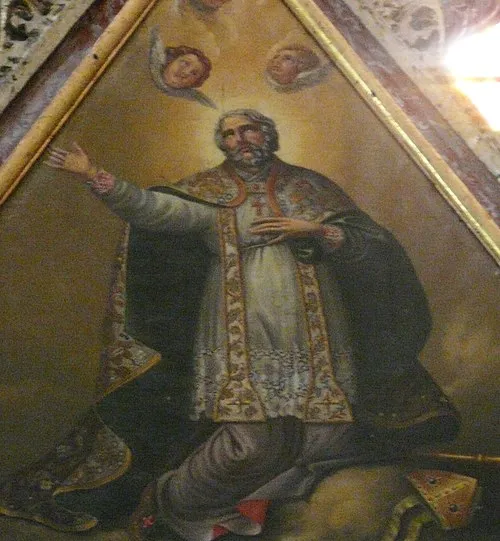
Exploring the Life and Legacy of Fortunatus of Casei
Fortunatus of Casei, a lesser-known yet impactful Christian saint, lived during the early medieval period. His life and teachings continue to inspire many, making him a significant figure within the Christian tradition. This article delves into the history, contributions, and spiritual significance of Fortunatus of Casei.
Early Life and Background
The exact details of Fortunatus' birth and early life remain elusive, but historians believe he was born around the 6th century in Casei, a small town in present-day Italy. Little is known about his family and childhood, but Fortunatus is said to have been educated in the Christian faith and was deeply influenced by the burgeoning Monastic movement that swept through Europe during this time.
Spiritual Journey and Monastic Contributions
Fortunatus dedicated his life to faith and service after experiencing a profound spiritual awakening. He joined a monastic community and quickly rose to prominence due to his piety and dedication. He is credited with establishing several monasteries throughout the region, often focusing on communities that were struggling spiritually and economically.
His monastic rules emphasized prayer, community living, and social service. As a result, many monastic houses began to adapt his teachings, making him a prominent figure in the monastic tradition. His approach was unique, combining traditional practices with a deep understanding of the needs of his local communities.
Miracles and Veneration
Numerous accounts of miracles attributed to Fortunatus circulated among the faithful shortly after his death, which is believed to have occurred around 640 AD. These miracles often focused on healing and protection, contributing to his veneration as a saint. The faithful would visit his tomb, seeking intercession and miracles, which solidified his status within the community.
One story recounts how a local village plagued by a severe drought turned to Fortunatus for help. After fervent prayers, rain fell upon the parched land, leading to a bountiful harvest. Such stories added to the legend of Fortunatus as a miraculous figure and deepened the devotion of his followers.
Cultural Impact and Legacy
Fortunatus’ influence is not limited to the spiritual realm; his life and work had lasting effects on the cultural landscape of early medieval Italy. He became a symbol of hope and resilience for many. Churches and monasteries in his name continue to exist, serving as reminders of his contribution to the Christian faith and the development of monastic life.
His feast day is celebrated on the anniversary of his death, drawing pilgrims from various regions who seek to honor his legacy and seek his intercession. Literature about Fortunatus of Casei can also be found in historical texts focusing on early saints, showcasing his role in the Christian monastic tradition.
Fortunatus in Modern Christianity
Today, Fortunatus of Casei is revered by several Christian denominations, particularly within the Catholic Church. His life serves as a testament to the importance of humility, service, and dedication to God. Furthermore, his teachings on monasticism continue to be studied by those interested in the evolution of Christian practices throughout history.
Conclusion
Fortunatus of Casei may not be as well-known as some other saints, but his contributions to the Christian faith are undeniable. His dedication to community service, his role in advancing monastic ideals, and the miracles attributed to him continue to resonate with believers today. As we explore the lives of early saints, we uncover the rich tapestry of faith that has shaped modern Christianity. Fortunatus of Casei remains an inspiring figure, reminding us of our capacity for compassion, resilience, and connection to the divine.






